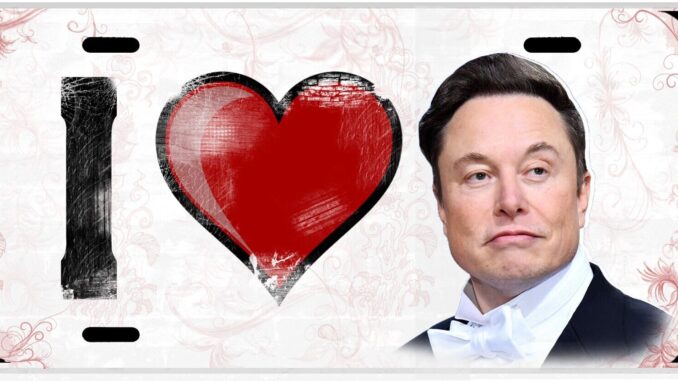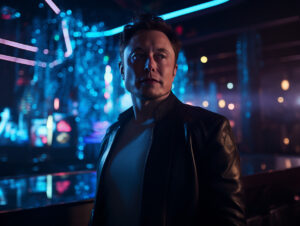
Over the years, I had become resigned to the idea that I’d never make my Tesla movie. A science-fiction film set in the late nineteenth century—what could be more expensive, more outlandish, more out of reach? There were rumors and reports, spanning decades, of Tesla films in development, including concrete projects by Dusan Makavajev, David Lynch, Julie Taymor, and Jim Jarmusch—and I was more than a little curious about them, receptive from a reasonable envious distance. None of these materialized.
But in 2006 Christopher Nolan delivered The Prestige, inserting Tesla as a sorcerer-for-hire, a suitably unlikely deus ex machina, in a feud between two Victorian magicians. In casting David Bowie, Nolan unapologetically pitched the story into the realm of pop mythology, enlisting the iconic man out of time to play an iconic man out of time, the inventor of a trapezoidal box that teleports matter (first top hats, then magicians) when the torrid, gyrating plot requires it.
Of course, just about everything Bowie/Tesla does and says in this movie is, you know invented, though Nolan’s script (written with his brother Jonathan, based on Christopher Priest’s novel) is familiar enough with historic facts to intercept Tesla during his photogenic researches amidst the mountains of Colorado Springs. “We do our tests when the townspeople are asleep,” Tesla’s henchman explains to Hugh Jackman one hazy blue night, while Jackman kneels over a wirelessly glowing incandescent bulb planted in prairie soil, surrounded by dozens of identically glowing bulbs stretching to the horizon. “Mr. Tesla doesn’t want to scare anyone.”

Tesla never accomplished this miracle, never created a resplendent field of wireless light, though he claimed he’d get to it, and the image is compelling, provocative, measured against Tesla’s actual, eventual failure. The spectacle has no greater point in Nolan’s movie than to set the stage for Bowie’s impressive entrance when he welcomes Jackman to his lab, striding through a latticework of dancing CGI lightning. It’s Bowie all right, but his Tesla seems almost disembodied and blank—a gentlemanly hologram, looking permanently vexed. We soon see him chased out of Colorado by Thomas Edison’s “agents”—a complete fabrication—and this hasty departure prompts Tesla’s tart, pseudo-philosophic note delivered in voice-over: “The truly extraordinary is not permitted in science and industry. Perhaps you’ll find more luck in your field”—the field of outright magic—“where people are happy to be mystified.”
Tesla shows up later in the tale, in Europe, comfortably “retired” (another fabrication), a world-weary mandarin who’s nevertheless ready to grant technological aid to Jackman, since he, Tesla, understands the nature of obsession only too well.
As if extrapolating from Arthur C. Clarke’s axiom—technology of the future is indistinguishable from magic—Nolan presents Tesla as the ultimate magician, a nineteenth-century Mandrake, suave and impenetrable. The portrayal centers on sheer mystique, ignoring the inventor’s actual agenda and personality. There’s no place in The Prestige for Tesla’s germaphobia, his haplessness with money, or the romanticism radiating from his public statements. Which may have been a fine approach, avoiding outright corniness, though it leaves Bowie dangling, tasked with playing a cipher, a sphinx.
But certainly, of course, this is a movie, an admirably unclassifiable fabulation engineered to throw off sparks by mixing glowing Victorian archetypes with vaguely metaphysical notions regarding fate, illusion, and fanatical perfection of craft. Actorly gravitas, luxuriant production design, and state-of-the-art effects give the movie weight.
Although it can also be argued that Nolan’s characters, more than his plot devices and sets, are like magicians’ cabinets, equipped with false bottoms and trick compartments; the story is a contraption, all hinges, twists and trap doors, and The Prestige turns out to be, above all else, a celebration of trickery.
